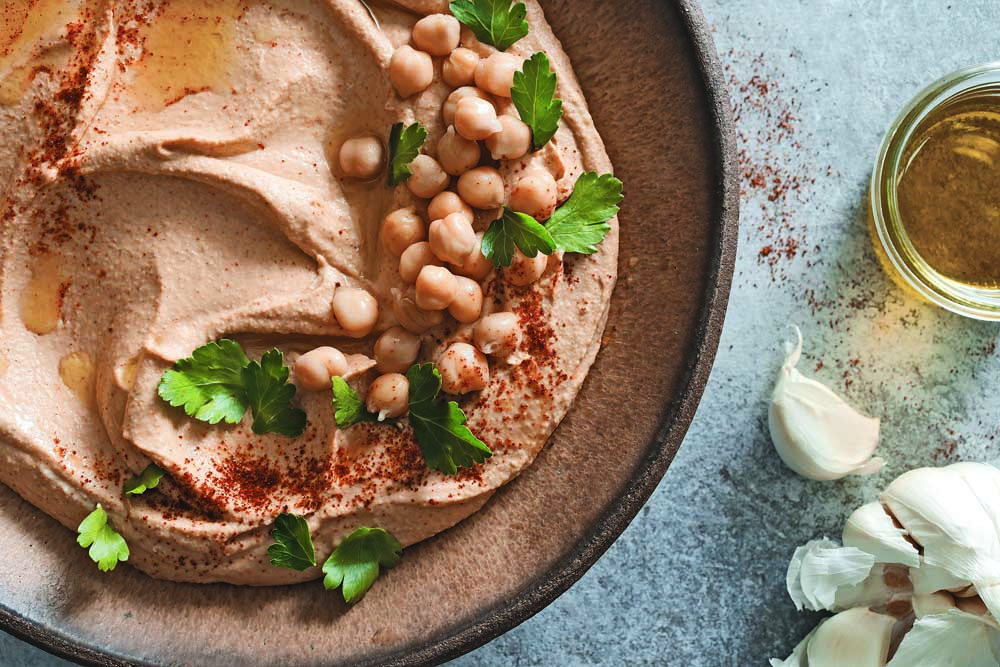Dip in chickpea harvest raises hummus prices
Published 12:00 am Friday, February 9, 2018

- Worldwide demand for hummus has driven up interest in chickpea production, and analysts expect a shift toward healthier eating will continue to bolster the dish’s popularity. (Craig Lee/The New York Times)
LONDON — British shoppers began noticing in recent weeks that hummus prices were up significantly. The cause: a drought thousands of miles away.
Insufficient rains in India have resulted in several years of poor harvests of chickpeas, the main ingredient in hummus. The country, by far the world’s largest producer of chickpeas, mostly grows the legume for domestic consumption. But worse-than-expected harvests mean that it has had to buy more chickpeas from growers elsewhere, putting pressure on supplies worldwide and driving up prices.
Trending
Those limited supplies of chickpeas have combined with rising demand for hummus in Britain to send prices higher. Average prices for the dish at supermarket are 12 percent higher than a year ago, according to the trade magazine The Grocer and the research consultancy Brand View. That is significantly more than grocery price inflation of 3.6 percent, and overall inflation of 2.7 percent.
It is the latest example of weather leading to poor harvests in one part of the world, and resulting in shortfalls and price rises at supermarkets far away. And it serves as a reminder of the complexity and fragility of the vast global system putting food on the plates of consumers around the world.
Britain is particularly vulnerable to shifts in the international food system: It imports almost a third of its food, and a weaker currency, driven in part by uncertainty over the country’s exit from the European Union next year, could make groceries even more expensive.
The unexpectedly severe drought in India of the past few years has affected hundreds of millions of people in the country. It has also had consequences for global markets, including for chickpeas, as India typically produces 10 times the amount of the legume as the next-biggest producer, according to data from the United Nations Food and Agriculture Organization.
In Britain, hummus has quickly gone from being a niche snack, introduced to supermarkets in the 1990s, to being a staple. The dish, a specialty of the Middle East and the Mediterranean, was voted one of the products most likely to be found in Britons’ fridges in a 2013 survey of European food habits.
Farmers in the United States were forecast to drastically raise their chickpea harvests last year, according to official data, after what was already a record year in 2016.








